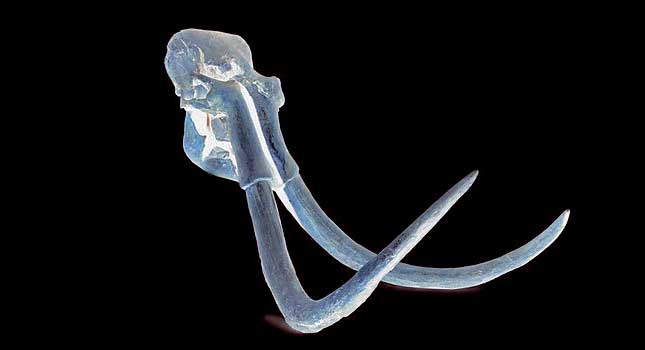
Working with London’s Natural History Museum, the show will be made up of 25 episodes, each featuring a different species that has managed to captivate human society in one way or another over the years. It continues the radio stations commitment to producing great natural history, wildlife and environment programmes, building on the success of previous outings like Tweet Of The Day, which treats its listeners to the sound of a bird call along with some facts about the bird, all delivered in jus 90 seconds.
Natural Histories will be hosted by wildlife expert Brett Westwood who will be working with museum curators and the BBC’s Natural History Unit to deliver the weekly half hour shows on Radio 4. They’re scheduled to begin on the 2nd June 2015 at 11am, with the remaining 24 episodes airing every Tuesday at the same time, so there’s going to be a lot of natural history knowledge and discussion to pick up on throughout the summer. Don’t worry too much if work gets in the way of being able to tune into BBC Radio 4 on Tuesday mornings, because the shows will also be available to catch up on with the help of iPlayer when you get back home.
In addition to the mammoth, which bizarrely continues to be a target for ivory traders to this day, and the little flea, which has had to bear the brunt of being killed, dressed up in miniature outfits and pinned into tiny cases by crazed Mexican nuns who then sell them to make a little extra pocket money, the show will also feature episodes on snakes and the Thames whale. As you can probably tell, the programmes will be as much about the species’ impact on society as they are about the life and times of the creatures, so you should find out a few nuggets of truth about us humans as well the animals that we interact with.
It’s not just we’ll known species like butterflies and apes that will be getting the Brett Westwood treatment in Natural Histories, as it will also include an episode on the lesser known, burbot, a freshwater cod-like fish with highly nutrient liver oil. There will also be a show on the nightshade, which has picked up an almost mythical persona of being deadly. We won’t give too much away ahead of the episode in the summer, but essentially there are poisonous variants of nightshade (solanaceae), but the majority are not, in particular the many varieties of potato, tomato, aubergine and pepper plants.
The show will also be mirrored with a number of events at the Natural History Museum as part of the partnership between it and Radio 4. These will include free talks on the natural world, which will take place from the 2nd June 2015, as well as a dedicated section in the Museum’s annual Science Uncovered late night event on Friday the 25th September 2015.
In addition to Natural Histories, the collaboration will also result in another new show for Radio 4 called Natural History Heroes, in which scientists from the Museum and other experts from various disciplines will talk about the pioneers in the field of natural history. The new ten-part series will air later in the year and feature episodes on Edward Tyson, who invented comparative biology and came to the conclusion that a chimp’s brain is closer to that of a man than it is to a monkey; Alice Eastwood, who rescued many specimens from the California Academy of Sciences when it was destroyed by fire after the 1906 earthquake in San Francisco; and Evelyn Cheeseman, the first female curator at the London Zoo, who was hired in 1917, a year before any level of women’s suffrage was introduced in the UK.


